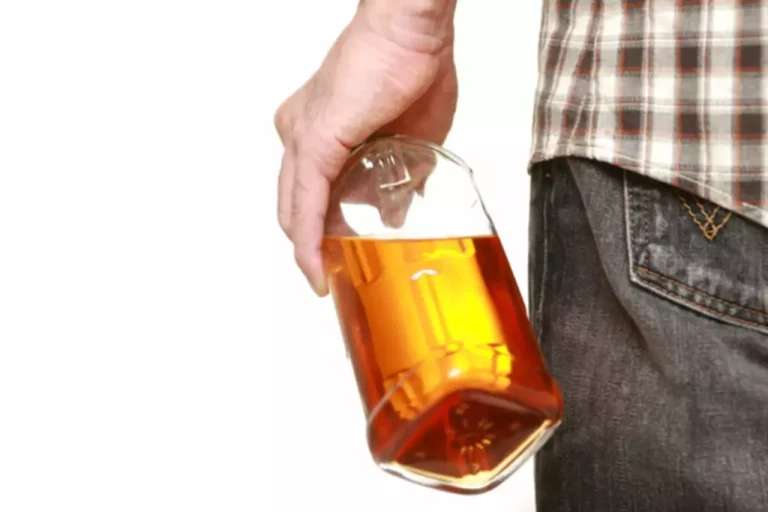
Before considering your options for drug and alcohol rehab, it’s essential to learn how to identify the warning signs of substance misuse. Finding the right drug and alcohol rehabilitation center is an important part of recovery. This article will explore various types of rehab, levels of addiction treatment, what to expect from treatment, and how to find the right addiction treatment program. Typically, inpatient alcohol treatment centers are specific to alcohol and focus on detox only for alcohol addiction.
Getting Admitted to Rehab and Starting Addiction Treatment
Health insurers and group health plans are required by law to provide the same level of benefits for mental and/or substance use treatment and services that they do for medical and surgical care. The main goal will be maintaining their sobriety and preventing relapse. Maintaining sobriety can be a challenge for recovered addicts even after successfully completing a rehab program.
Find a rehab treatment center
You may also contact the rehab directly to apply for admission and have a screening administered. It’s important to figure out if rehab is right for you and then choose a program that meets your needs. Meagan tells her story of prescription drug abuse and how she finally got the treatment she needed. Outpatient services don’t require overnight accommodations, hospital admission, or a hospital stay. Throughout the preseason, the prevailing narrative was that Wilson would start in Week 1. That was viewed as the best plan to start the season, and ideally Justin Fields would eventually win the job over Wilson.
Types of Rehab for Drug and Alcohol Addiction

The best treatments are less helpful if they do not transition people to continued care. Studies show that those who get into and remain in treatment tend to stop using drugs, decrease sober house vs rehab their criminal activity, and improve their work, social, and psychological functioning. Seeing others achieve success can give the patient a sense of hope that long-term abstinence is possible. Individual therapy focuses on short-term behavioral goals and helps the patient develop coping strategies and tools to maintain abstinence.
- Additional treatment options include therapies, support groups, and medications for substance use disorders.
- If an individual fails to stay sober after the initial intervention plan and remains an imminent risk to themselves and others, some states allow recommitment.
- Throughout the preseason, the prevailing narrative was that Wilson would start in Week 1.
Withdrawal from alcohol is slow and takes anywhere from weeks to months, depending on how severe the addiction was. You are required to stay at the facility for the entirety of the program, including overnight. We publish material that is researched, cited, edited and reviewed by licensed medical professionals. The information we provide is not intended to be a substitute for professional medical advice, diagnosis or treatment.

Inpatient Alcohol Treatment

When selecting an inpatient rehab near you, understanding which types of addiction therapies they offer should be a key factor in deciding if it’s right for you. In the context of substance abuse, rehab refers to a structured treatment program or facility that helps individuals through the rehabilitation process of addiction. “Rehab,” short for “rehabilitation,” is a general term for intensive, supervised programs designed to help people stop using alcohol and other drugs and give them the tools they need to live a healthy life. Since withdrawal management alone is not a substitute for more comprehensive rehabilitation, once a person has safely detoxed, they are encouraged to continue with additional treatment. Upon completion of treatment, an aftercare plan will be devised that includes relapse prevention tools and other means of post-treatment support.
- The time frame depends on the drug of abuse, the amount used, how long it was abused for and many other personal factors.
- Learn about opioid abuse and addiction that is rapidly becoming more common across the US.
- The most important factor to consider is what level of care you need for your particular situation.
- Rehab helps you not only to become drug-free, but also to stay drug-free — and get back the parts of your life that you may have lost.
- In family therapy sessions, the therapist will address any family relationship patterns that support the patient’s recovery from addiction and suggest ways to act as a support system for the patient.
- A good first step toward finding the right treatment may be to reach out to a friend, loved one, or support person, or to speak with a physician about options for care.

Medical care in the inpatient rehab setting is sometimes the first treatment people have gotten in years. Most inpatient programs typically last 30–45 days, or longer, depending on each client’s needs. Usually, 30-, 60- and 90- day programs are offered at many national rehab centers. Individual counseling, family counseling and group therapy are options included in inpatient rehab services.